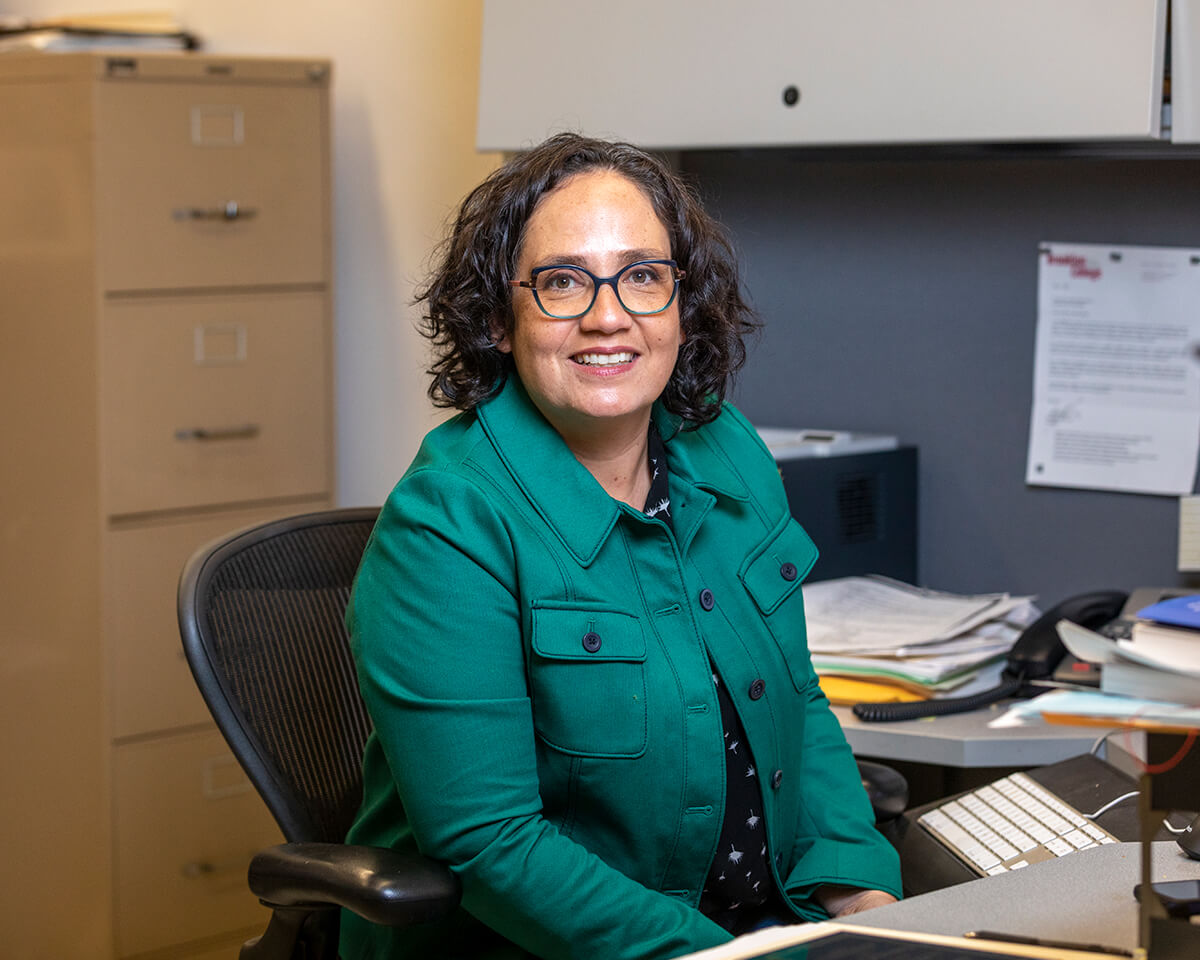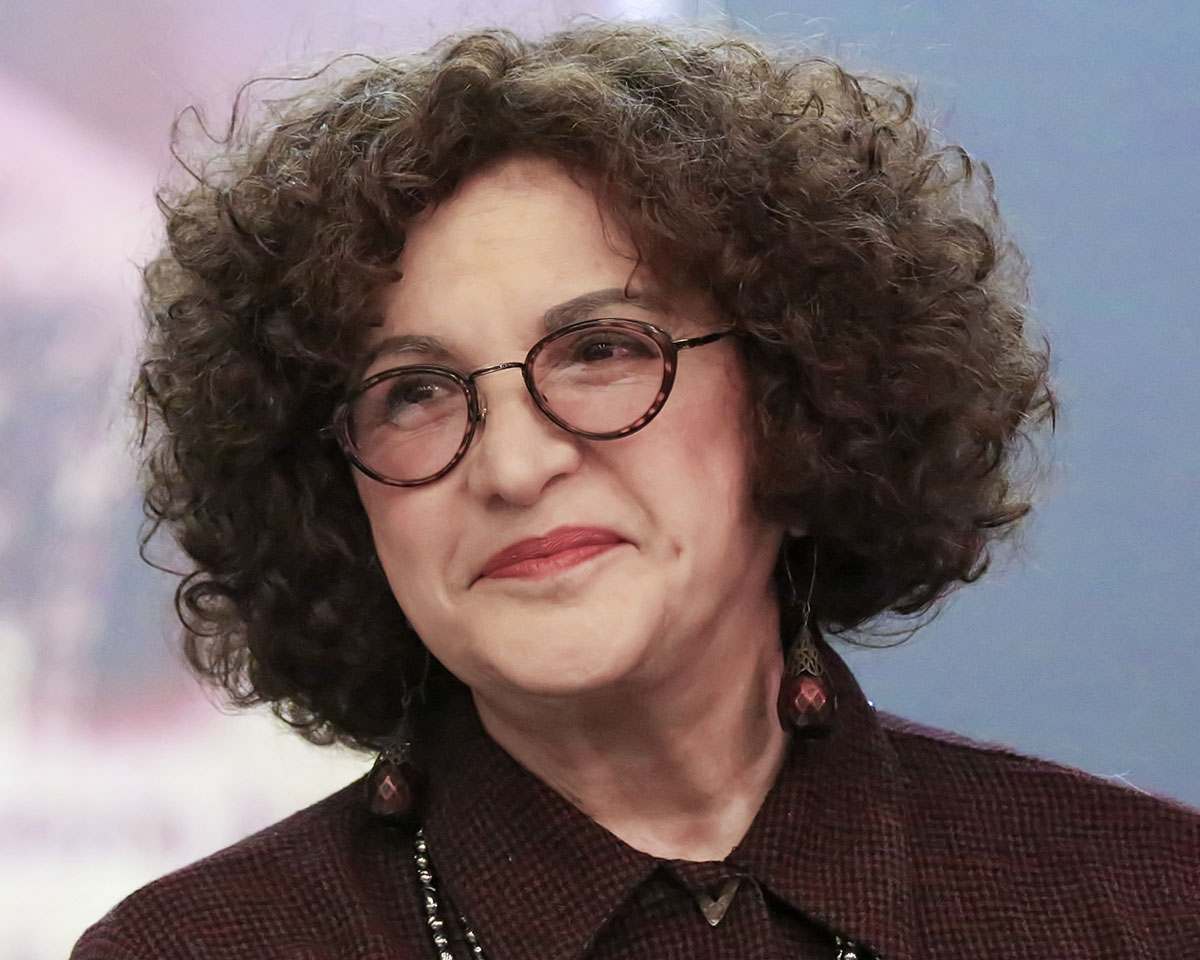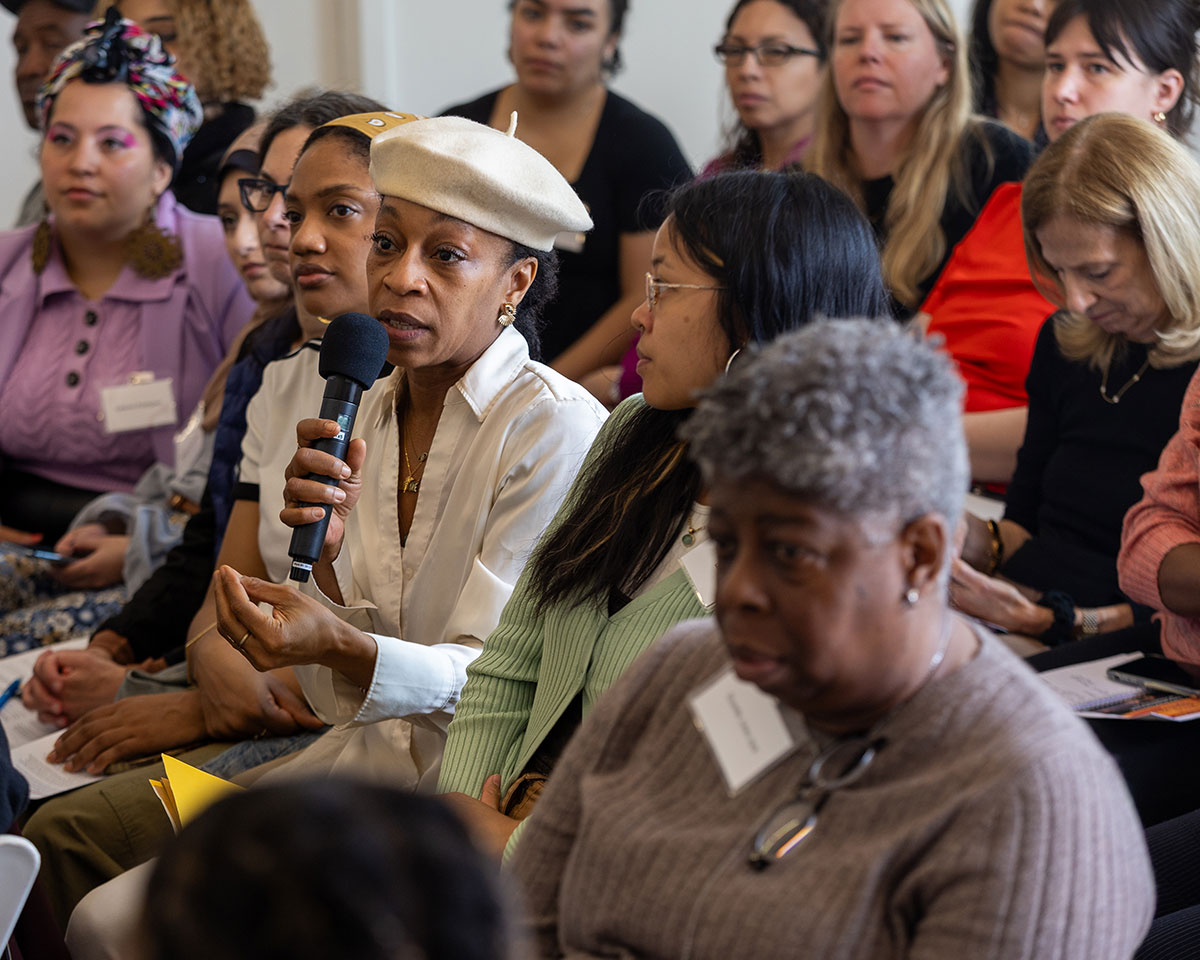When Carolina Bank Muñoz recently received an award for her work by the ASA Labor and Labor Movements Section, it brought her full circle.
Bank Muñoz was named a co-winner of the Dan Clawson Activist-Scholar Award in June for her dedication to engaging in scholarship and activism that directly addresses social and economic justice to help bring about positive social change.
A native of Santiago, Chile, Bank Muñoz came with her family to Los Angeles as “a child of the dictatorship,” fleeing the economic and political climate of her homeland after General Augusto Pinochet overthrew former president Salvador Guillermo Allende Gossens. In Chile, her father helped organize a taxi driver union while her mother worked as a secretary in a government agency under Allende Gossens.
“My parents were both activists, and this influenced me,” Muñoz said. “I became interested in social movements and social justice very early on.”
Bank Muñoz immersed herself in activist and scholarly pursuits, earning a master’s degree and Ph.D. in sociology at the University of California, Riverside.
“I came in during a time when some of the ideas of what counts and are meaningful were being challenged,” Bank Muñoz said, pointing to mentors like sociologist Edna Bonacich who taught about social inequalities in the labor force, including garment workers. “I came into grad school being committed to activist work, to communities, and to workers.”
Another early mentor to Bank Muñoz was the late Dan Clawson, who produced research used for the public work that deeply influenced her and for whom the award is named after.
“It was extremely meaningful to get an award named after him and his work that affirms this new trajectory in sociology, that recognizes the people who are doing this work in earnest and not just writing about it,” Bank Muñoz said.
Having taught at Brooklyn College for 18 years, while remaining active in the college union chapter she currently chairs, Bank Muñoz has blazed her own trail of education and activism focused on the issues of immigration, globalization, labor, work, and Latin America, both in and out of the classroom. Her books, Transnational Tortillas: Race, Gender and Shop Floor Politics in Mexico and the United States; Building Power from Below: Chilean Workers Take on Walmart; Walmart in the Global South with Bridget Kenny and Antonio Stecher; as well as her latest book published in January, A People’s Guide to New York City with Penny Lewis and Emily Tumpson Molina, are valuable contributions that explore social inequalities, as well as labor, political, and social movements.
Some books have even served as resources and playbooks for those fighting labor battles on the ground. When Amazon workers in the Midwest were organizing for better working conditions a few years ago, some of them read Building Power from Below: Chilean Workers Take on Walmart and reached out to Bank Muñoz to ask about the parallels to what they were dealing with to what was being depicted in the book.
“That book didn’t get an academic award, but seeing those workers using it as a tool, that was the biggest award,” Bank Muñoz said. “Making a real difference is extremely satisfying.”



